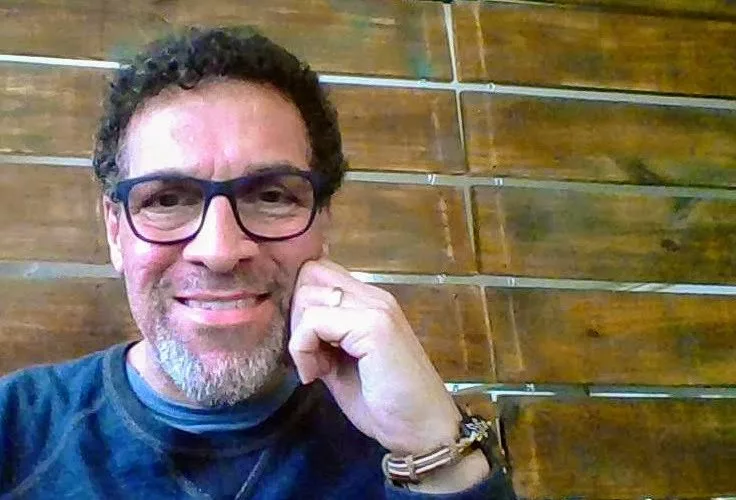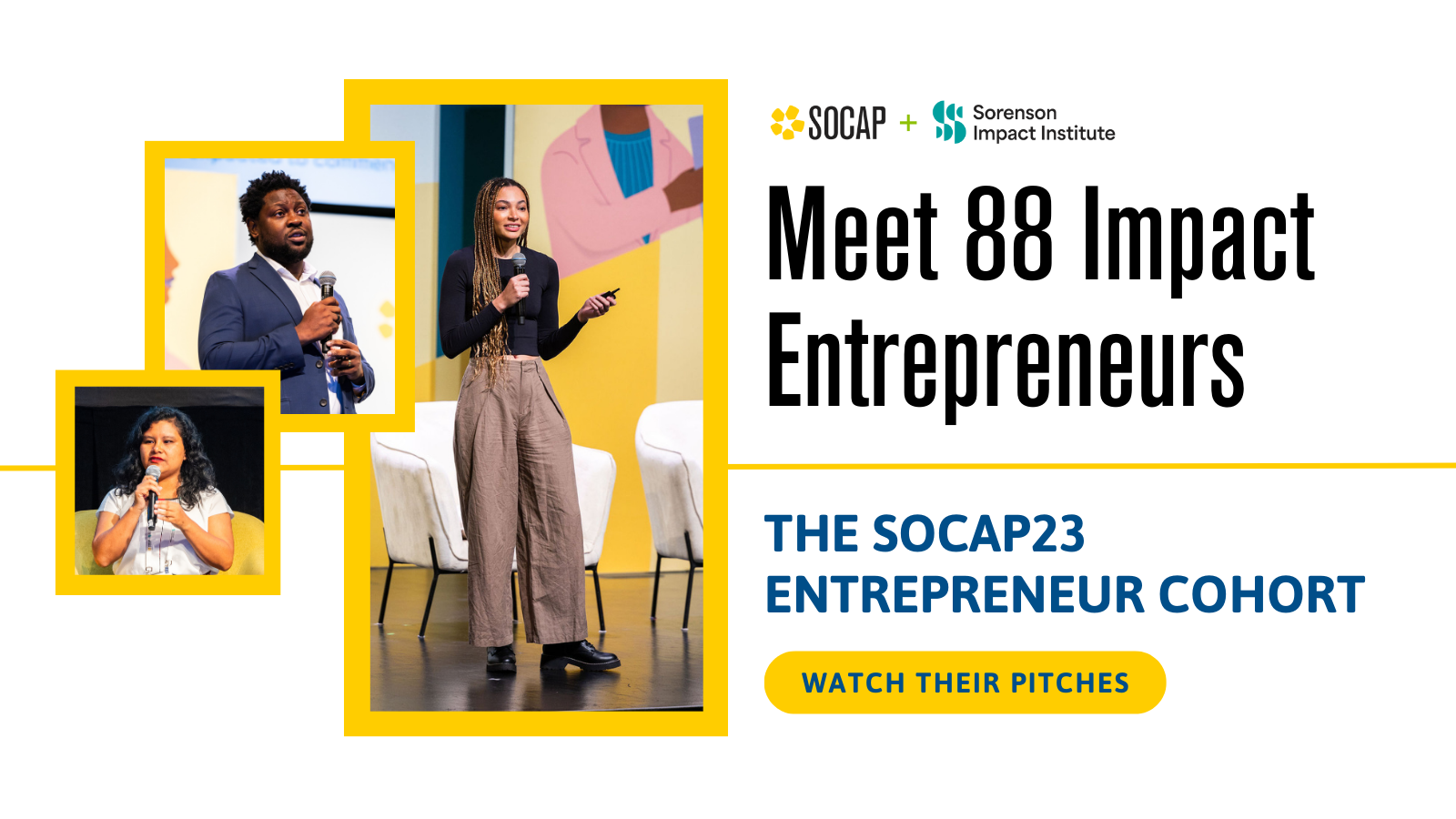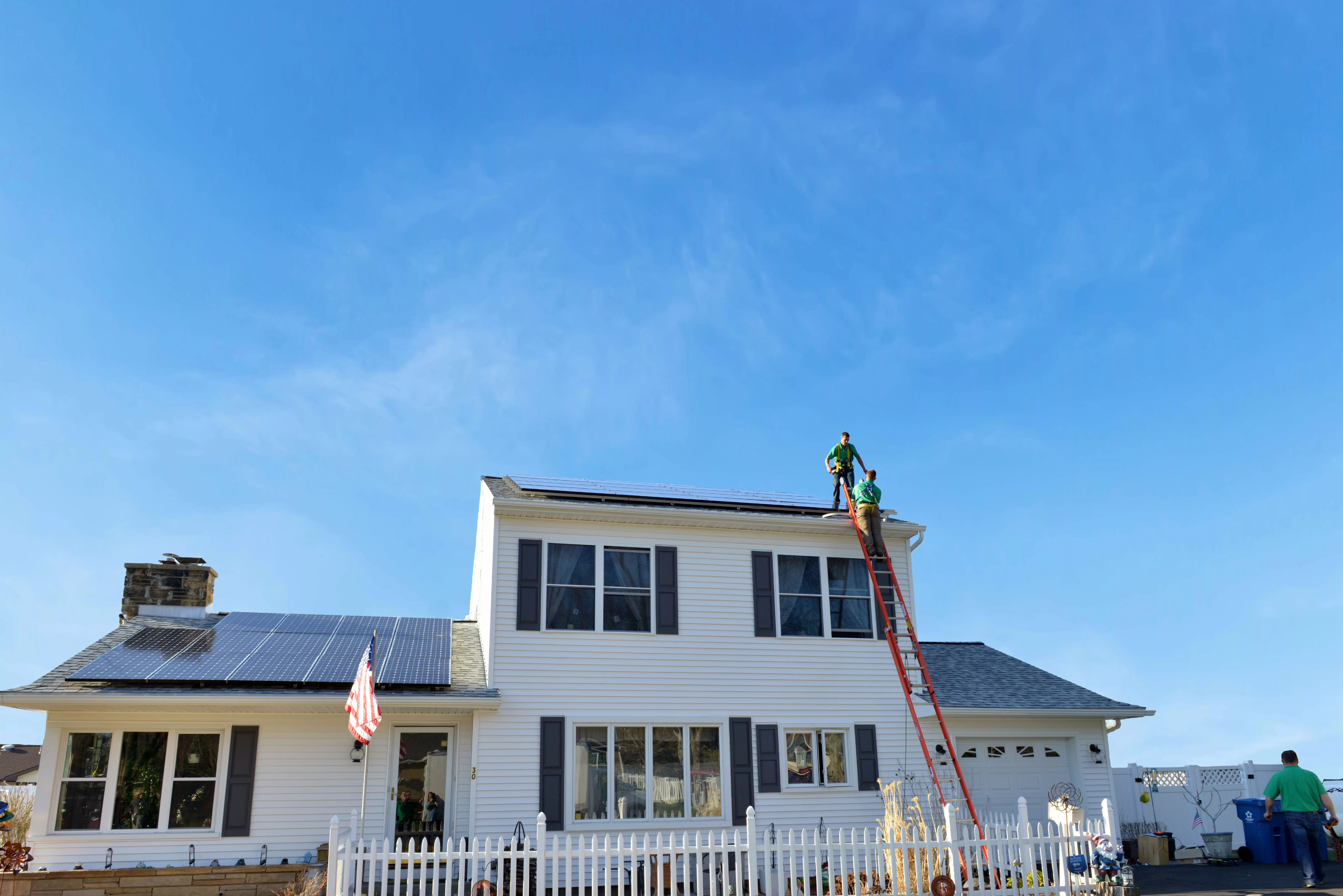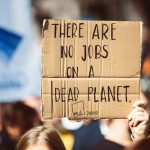
“The art of life is a constant readjustment to our surroundings.”
—Okakura Kakuzō
I’m sure we’ll be discussing the lessons learned from COVID-19 for decades to come (at least those of us who survive the coming decades, but more on that in a minute). In this conversation, the fact that we were woefully unprepared for it will, no doubt, hold a top spot.
In the conversations I’ve already been part of, there are two facts that come up repeatedly: (1) We absolutely should have been prepared. We’ve had the science for decades. We should have made better decisions and policies all along the way. It’s ridiculous that it caught us so off guard; and (2) What chance is there that we will do what we need to do to be prepared for the next thing that comes?
The reality, backed by the most peer reviewed data available, is that there is definitely a next thing coming. COVID-19 is only the beginning of what will be a long stream of climate disasters that leave many of us devastated over and over again. And yet, early indications do not point towards companies pivoting to be ready for the next crisis, or even acknowledge that the next crisis is coming, as opposed to hustling to simply outlast the pandemic.
Examples are everywhere. Amazon recently announced that they are making plans to be carbon neutral by 2040, which completely ignores the fact that we are on track to hit the dreaded 2°C around that same time. There was an article in Fast Company on September 18th with the subheading, “…argues that we can solve the climate crisis if we act now, but we must do it in a way that counters the racial injustices of our past policies.” when the reality is that we have missed the chance to solve the climate crisis and can only adapt to the future that is coming.
For too long, we have been selling and have been sold the idea that we have the ability to fix climate change and that everything is going to be okay. Choosing to believe that – over the science that says otherwise – and dismissing anything that contradicted our belief has gotten us to where we are, with no possibility of staying below the dreaded 2°C.
According to my friend and colleague, Alex Diaz, founder of COMMON Future, this can be explained by Optimism Bias. Optimism Bias, as defined by Psychology Today, is the tendency to overestimate the likelihood of positive outcomes and downplay the possibility of negative ones. When we add Confirmation Bias, the irrational human bias that ignores both science and evidence because it is in conflict with our own preconceived notions, to the mix, we get the dire situation we are in today.
I’ll admit, it’s a little hard to wrap your head around. I know people who still don’t recycle. Heck, there are stories constantly of cities canceling recycling programs. How can we have lost the fight when there are people who haven’t even joined yet? Can’t we just get them to start doing better and have a chance to figure it all out still?
In recent conversations with Alex, I learned that, no, we don’t have a chance to still win, at least not in the way winning is being sold to us. I have also learned from him that knowing this doesn’t mean that we don’t have reasons to hope for a better future – maybe not better than the present we have, but better than what it could be.
Alex Diaz is a leading thinker and analyst in the fast-emerging field of corporate climate adaptation, with a long career spanning business journalism, strategic communications, sustainability management, and stakeholder initiatives. He is also the most joyful of people. His very presence in any conversation brings both a harsh dose of reality and of hope. He is quick to support people in his circles and can always be counted on for an encouraging work or comment.
And he is one of the most dedicated and innovative leaders I’ve had the pleasure of interviewing this year.
At first, it was hard for me to reconcile his almost jovial nature with the reality he was sharing with me. If we are truly destined for a bleak and dismal future, how can we not just lie in bed and give up? What is the point of it all? How can you be so excited about the work you are doing?
I think part of it comes in the certainty of knowing. How many times have you been waiting on the answer to something – a job interview, an investment proposal, an after-date text – and gotten to the point where you no longer care what the answer is, you just want an answer so that you can plan your next move. This is where we are with climate change. There is no more confusion; no more wondering what is coming. We know what is coming. Science has told us exactly what we can expect, and this means we can start to plan our next move.
This, in a very simplified nutshell, is adaptation – preparing for your next move, using the data we have available to us as opposed to our hopes for what can happen. And it is Alex’s life work.
After covering the 1992 Rio Earth Summit, he became obsessed with climate change. He spent the next 17 years tying sustainability to his work and writing as part of the global movement to solve the crisis of climate change. And then after the 2009 Copenhagen UN Summit, he understood that climate change is no longer solvable and pivoted to resilience and adaptation.
Most recently, as the founder of COMMON Future, he has devised a model for adaptation by businesses worldwide, called Deep Adaptability. COMMON Future is a studio-consultancy created to co-create hope for the post 1.5º future we have in common. There’s that word again, hope.
We are a culture built on winning, on having winners and losers, and on believing that there is an end to it all. We like the story arc. What we need now is a new story and a new arc.
We can see this in a genre rising in popularity: Hopepunk. According to Vox, Hopepunk is a literary movement that presents hope, not as a brightly optimistic state of being, but as an active political choice. Simply put, it’s the idea that things may be bleak, even hopeless, but you’re going to keep loving, keep being kind, and keep hoping.
It’s also the only word I know that reconciles the certainty with which Alex tells me that we’ve missed the chance to stop climate change from devastating us and the basic joy that encompasses him. It’s not a joy that blindly ignores the reality of life, it’s a joy that comes from the real hope of making it through the devastation, as opposed to the false hope of solving climate change and building a better world.
Rebecca Diem, writing for tor.com, says this: “To me, it {hopepunk} described the state of joyful protest I aspire to: Knowing enough about the world to be absolutely furious, but choosing optimism anyway.” The real shift to adaptability is in being clear about what optimism looks like and what the best possible outcomes really are.
Imagine if the article I mentioned above had this subheading instead, “…argues that we can adapt to and survive the coming climate events, if we act now, but we must do it in a way that counters the racial injustices of our past policies.” There’s truly hope in that statement, hope that is rooted in intersectional justice.
This is the kind of hope that has the power to fuel a movement. It also accepts that there is no end, it’s not about winning, the way the rhetoric to reverse climate change is. Instead, it is an acceptance of the fact that we have to keep doing this work, keep adapting, every day, for the rest of civilization.
And this is where I see Alex’s deep-seeded hope taking center stage. As these climate events happen, he knows that adaptive businesses will be able to find their way through and survive, collectively, with others of like mind and soul. This, in turn, will help society at large adapt to the inevitable economic and societal collapse.
It’s time for companies to build on their sustainability policies with adaptability policies. It’s time to stop ignoring the science that exists and allowing ourselves to be misled by false optimism. It’s 100% possible to become a data-driven company that adapts deeply to all that is coming and survives. And today is the day to start, because the situation is truly urgent.
Fortunately, Alex and COMMON Future are here to help you navigate it. From communication plans to supply chains, and everything in between, they are ready to help businesses of every size, shape, and industry become adaptable to what lies ahead. It’s the only chance we have to hope for any future at all.
To learn more or book a consultation with Alex, visit COMMON Future or watch this amazing Facebook Live where Alex discusses all things adaptability with Mark Eckhardt, the CEO of COMMON.
This article is part of a series by LaKay Cornell on innovation, to view the full series click here.






